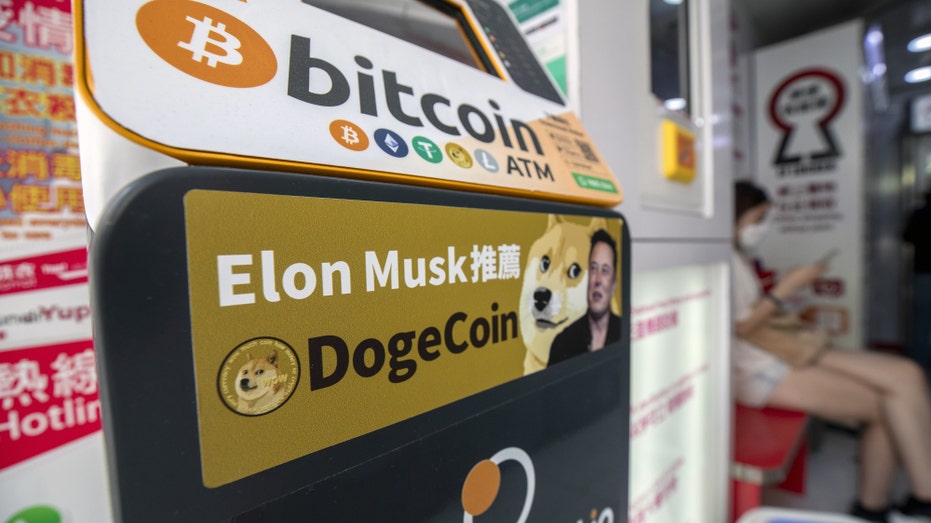There has been a “massive” surge in the amount of money consumers have lost to scams involving Bitcoin ATM machines, according to the Federal Trade Commission (FTC).
The amount of money lost has increased tenfold since 2020, notching over $110 million in 2023. Within the first six months of the year, fraud losses to Bitcoin ATMs topped $65 million.
The median loss in the first half of the year was $10,000, according to data from the FTC. However, those who are over 60 years old were three times as likely as younger adults to lose money to these scams.
JOB OFFERS THROUGH TEXTS? BE CAREFUL, IT’S LIKELY A SCAM
Scammers are continuously leveraging Bitcoin ATMS, designed to look like a traditional ATM and found in high-traffic areas like convenience stores and gas stations, to take advantage of consumers.
The machines will accept cash in exchange for cryptocurrency. But scammers are trying to urge consumers to deposit cash into them to “protect” their savings, the FTC reported.
Grant Cardone, CEO and fund manager of Cardone Capital and Cardone Training Technologies, told FOX Business that those who are most at risk of failing victim to this scam are “easily moved by fear of loss or hope of gain.”
AI SCAMS ARE PROLIFERATING. A NEW TOOL IS ATTEMPTING TO COMBAT THEM
“To be victimized, the scammer must convince the target they are at risk of losing something, and they must act immediately, or they have an opportunity to gain something and must act immediately,” Cardone said, adding that “every scam involves fear and hope.”
Sheldon Weisfeld, partner in Event Horizon Capital, former CEO of CoinVault ATM, told FOX Business that Bitcoin ATMs, in particular, are an attractive tool for scammers.

CoinVault ATM was the first U.S. licensed MSB Bitcoin ATM operator providing terminal access to cash buy & sell transactions for the digital crypto-currency customer interested in Bitcoin.
These machines do not “require personal interaction like cash at a bank or wire transfers,” Weisfeld said. There are also 31,000 Bitcoin ATMs across the country, which makes it much easier to access a machine, he added.
On the other hand, given that these machines are in very public places, Weisfeld said that “ideally those who are more educated about Bitcoin can keep an eye for those who may not be as informed.”
Overall, any scam is dangerous “because it is near impossible to keep up with the ever-changing landscape, especially with the pace of tech evolution,” according to Weisfeld.
“Even those who are familiar and smart enough to know better can easily be scammed. It is very easy to scrape the internet for valuable personal information which then the scammers turn around to create that authenticity when talking to you or in pretending to be you,” Weisfeld said.
Still, ATMs have notices that alert users to potential scams and advise everyone to error on the side of caution before they deposit so that they aren’t being scammed.
The operator of an ATM is also obligated to file a Suspicious Activity Report if the user calls for support, and they sound like they are in trouble, according to Weisfeld.
Here are tips from the FTC regarding how to be wary of scams:
1. Scammers want to rush you, so remember to slow down and check everything out first. Before you do anything, talk with someone you trust.
2. Don’t withdraw cash in response to an unexpected call or message. Only scammers will send you messages like this.
3. Don’t believe someone if they tell you that you need to use a Bitcoin ATM, buy gift cards, or move money to protect it or fix a problem. Business and government officials will never ask you to do this.
Read the full article here











